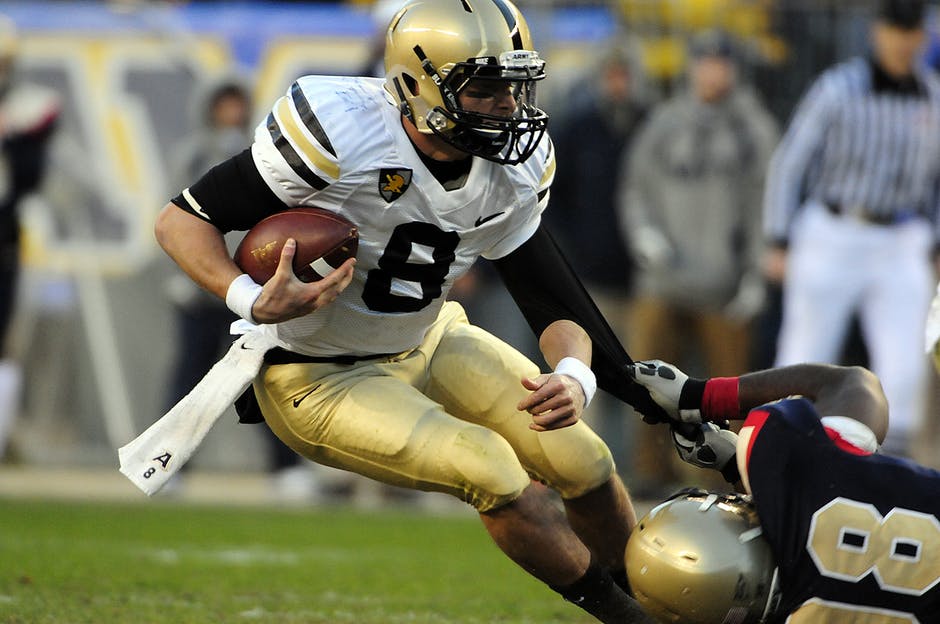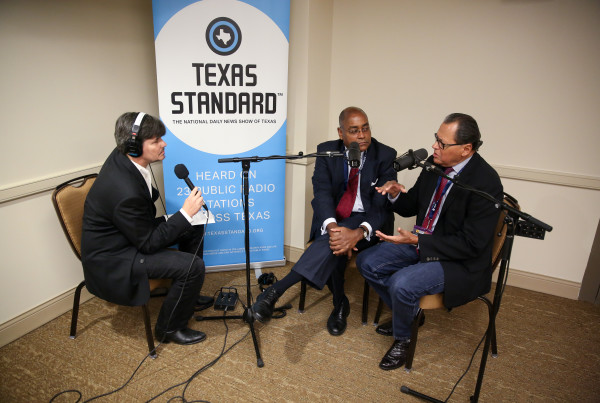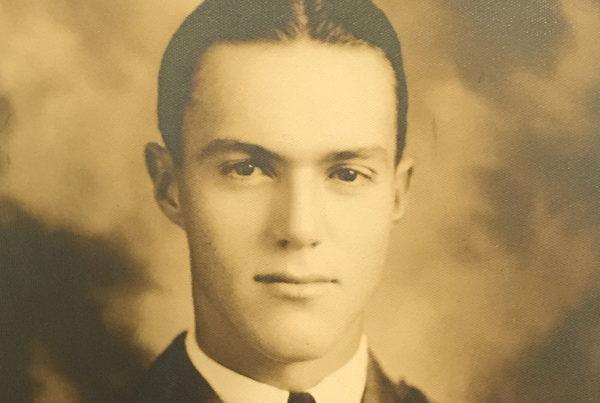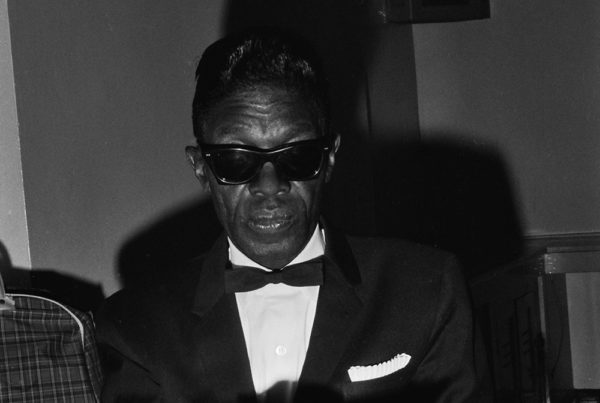College football season is officially underway. And those watching the Texas Longhorns’ opener against Maryland this past weekend may have noticed something unusual about the Terrapins’ offense on the first play. Maryland took the field with a 10-man formation to honor the late Jordan McNair, a redshirt freshman offensive lineman who died in June after suffering exertional heat stroke during a team workout.
But McNair’s death was entirely preventable, argues Washington Post sports columnist Sally Jenkins. And she writes that it’s time for NCAA coaches to stop pushing athletes to the point of organ failure.
Jenkins says that while no NFL players have died from heat exertion in the past 17 years, 27 college players have. She says college coaches are ignoring basic science that shows it isn’t necessary to “half kill” a player to get him ready for the season.
Jenkins says that after Minnesota Vikings offensive tackle Korey Stringer died of heat stroke during training camp in 2001, the league instituted protections for players.
“The NCAA schools have really failed to do the same,” she says. “And what’s more stunning about it is that they’re not deaths that are occurring during competition. These are conditioning deaths.”
Jenkins says college coaches are eager to create winning programs, and must often do it quickly to keep their jobs. And college players have no rights when it comes to refusing to train under dangerous conditions. Jenkins says coaches often use conditioning drills as punishment, or to drive unwanted players away from a program.
“I’m not a fan of unionization of college football players,” Jenkins says “but they really are captive sot their coaches.”
Money is a big reason coaches don’t take action, Jenkins says, and it’s also a factor in keeping colleges or the NCAA from placing checks on coaches’ ability to force their players to complete dangerous conditioning drills.
“Coaches are really anxious to turn programs around quickly, become big success stories. But when you have absolutely no check and balance on head coaches who are not studying their sports science, then what you get is a Jordan McNair situation… a totally avoidable, completely needless, negligent death,” Jenkins says.
Written by Shelly Brisbin.















